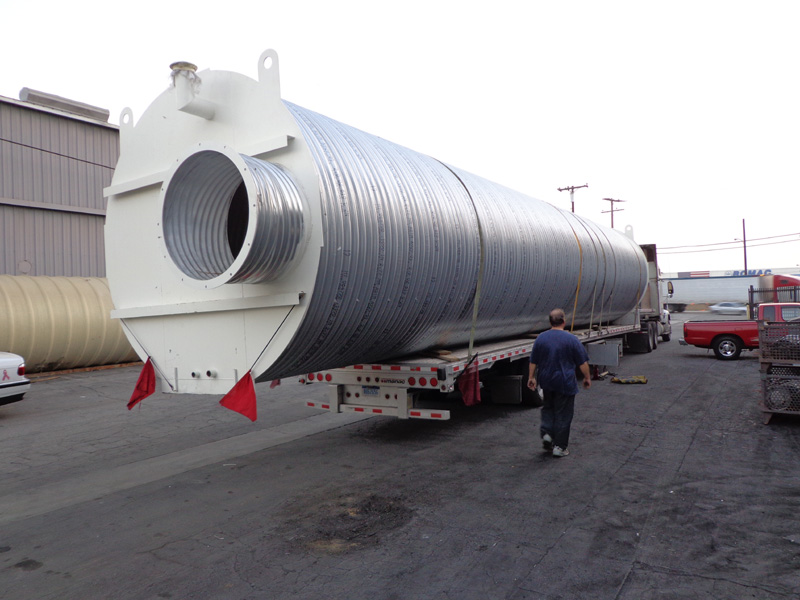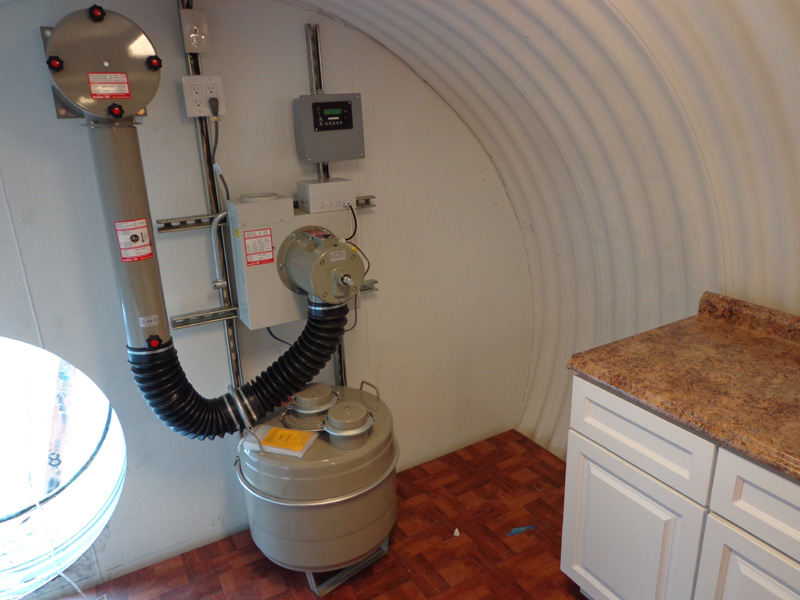With tensions ratcheting up between the U.S. and North Korea, one U.S.-based bomb shelter manufacturer has said he is seeing brisk business – even with Canadian customers.

“It’s booming, pardon the pun,” Atlas Survival Shelters owner Ron Hubbard told Simi Sara Show guest host Mike Smyth.
“It started three days ago with Trump’s fire and fury comment.”
Hubbard said he lives in Saskatchewan for three months of the year, and is happy to sell to customers north of the border.
“There’s actually a big market in Canada. In British Columbia and especially around Toronto,” Hubbard said.
- Dog put down after fatal Surrey attack against another in January
- What’s happening in Surrey is a ‘terror attack in slow motion,’ B.C. premier says
- Ontario family calls for changes after their 26-year-old son received MAID in B.C.
- Camping fees increase for 59 B.C. parks, non-residents to pay a surcharge
Hubbard said B.C. sales account for just a tiny slice of his business, which has soared to unprecedented levels in the U.S.
The company had just inked a deal with a Japanese investor for a new 400,000-square-foot production facility in Texas when U.S. President Donald Trump and North Korean leader Kim Jong-un started their war of words.

Get daily National news
“And now with North Korea and you’ve got Donald Trump on one side and Kim Jong-un on the other, nobody thinks nobody is crazy for having a fallout shelter,” he said.
Hubbard said his company is now on track to move more than 1,000 units this year, with some models retailing for as high as US$1.3 million.
Atlas sells a variety of shelters, from deluxe underground “bomb shelters” designed to withstand a nuclear blast down, through to “fallout shelters” and “tornado shelters.”
“A tornado shelter is like a butter knife, a fallout shelter is like a steak knife, and a bomb shelter is like a machete,” Hubbard said.
He said they’ve also modified the more affordable Tornado shelters have been modified to be air tight; the company has also added beds to create a hybrid ‘fallnado” shelter.
“It literally just slides into your garage, you bolt it down, and you’ve got a nuclear fallout shelter for under US$10,000,” Hubbard said.
The larger models are more like small, underground homes, with everything from master bedrooms to bathtubs and walk-in closets.
And survivalists aren’t the only ones buying these shelters.
Customers range from wine and gun collectors looking for a safe space to store their wares to hospitals, schools and even the military, Hubbard said.
“I don’t know why people think people are crazy to want protection from a disaster,” he said. “It’s ludicrous.”















Comments